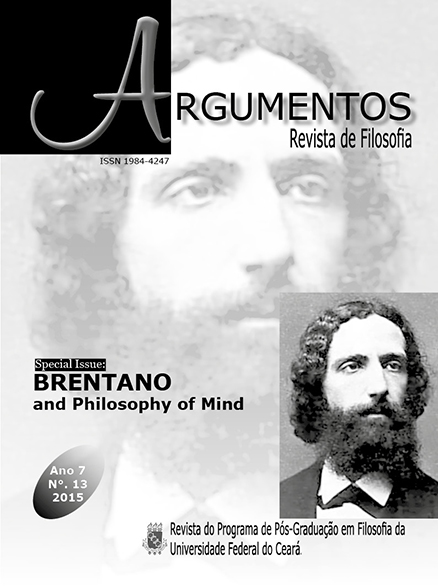Deliberative democracy and ideal of reciprocity. An analysis from the theory of discourse
Keywords:
Habermas. Rawls. Reciprocity. Deliberative Democracy. Discourse.Abstract
The aim of this paper is to show that the deliberative ideal of reciprocity, introduced by Rawls in his writings on political liberalism to define matters of basic justice, it is not conceptually feasible in the theoretical framework of Habermas’s deliberative democracy. The reason offered as foundation, argues that this ideal not only involves one strategic use of rationality, which discredits the intersubjective and public procedure of rational deliberation for the foundation of decisions and norms that establishes the concept of deliberative politics of the German philosopher, but it also contradicts the principle of argumentative discourse, which defines the conditions of validity of the decisions adopted in a such procedure because it ensures his epistemic value.Downloads
Downloads
Published
How to Cite
Issue
Section
License
Argumentos magazine is licensed under an International Creative Commons Attribution License.
The Magazine uses CC BY inclusion
1) The authors retain the copyright granted to the magazine or the right to initial publication, with the work regularly licensed under the Creative Commons Attribution, which allows the sharing of the work with acknowledgment of authorship and initial publication in this magazine.
2) The authors are authorized to contract additional applicable contracts, for non-exclusive distribution of the version of the work published in this journal (for example, publication in the institutional repository or as a chapter of the book), recognition of authorship and initial publication in this journal.
3) Authors are authorized and encourage to publish and distribute their work online (for example, in institutional repositories or on their personal pages) at any time before or during the editorial process, as they can generate productive changes, as well as increase the impact and reference of published work.




.jpg)










._._3.png)
1.jpg)
._._._.png)
